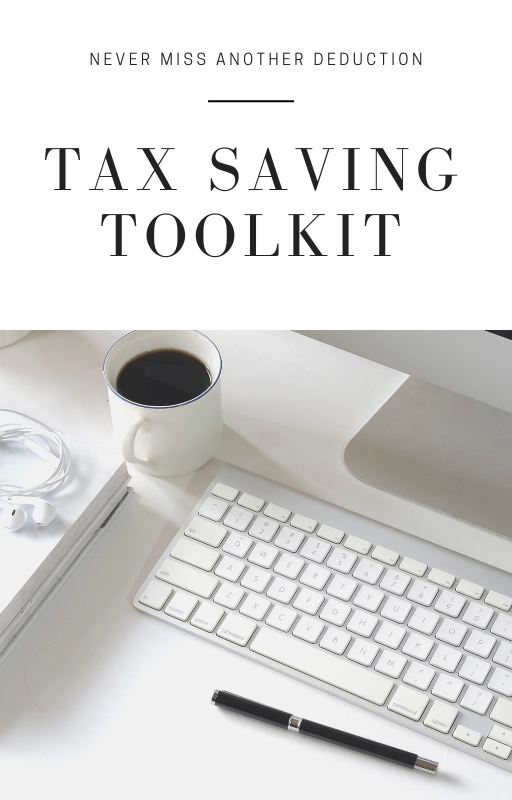Airbnb has revolutionized the sharing economy by connecting property owners with potential guests, offering a unique and personalized accommodation experience. As an Airbnb host, it’s essential to understand the taxation aspects and accounting tips specific to this venture. In this article, we’ll explore the taxation of Airbnb income, deductible expenses, capital gains tax implications, GST considerations, and the importance of record-keeping for Airbnb hosts.
Taxation of Airbnb Income
If you rent out one or two spare rooms in your private residence through Airbnb, you’re not considered to be running a business. Therefore, complex business taxation rules generally do not apply to you. However, the income you earn from renting out your property on Airbnb is typically assessable income.
Claiming Tax Deductions
As an Airbnb host, you can claim tax deductions for expenses incurred in generating your rental income. These expenses fall into three categories:
- Expenses Directly Associated with the Rented Area: You can deduct these expenses in full. Examples include depreciation of furniture in the rented room, commercial cleaning, repairs and maintenance, breakfast provisions for guests, professional photography for your listing, and service fees charged by Airbnb.
- Expenses Related to Shared Areas: Expenses tied to shared areas need to be apportioned based on access. For instance, if both you and your guests have equal access to the lounge and kitchen, you can deduct a portion of most of these expenses. Examples include depreciation on shared furniture and appliances, internet, phone, and cable TV costs.
- Expenses Related to the Host’s Private Area: Expenses solely associated with your private area cannot be claimed as deductions.
Apportioning Expenses
For expenses that relate to the entire property, such as mortgage interest, council rates, utilities, and insurance, you’ll need to apportion them between the rented area and your private area. This apportionment is often based on the floor area used for renting compared to the total floor area of the property, with consideration given to the time available to rent.
Managing Losses
If your rental expenses is greater than your rental income, resulting in a loss, you can potentially offset this loss against other sources of income, such as your salary. However, be cautious, as the Australian Taxation Office (ATO) may challenge your claim if they believe you are charging a non-commercial rate of rent or if the property is not genuinely available for rent.
Capital Gains Tax (CGT) Implications
When you sell your private residence, it’s usually exempt from capital gains tax. However, if you’ve used part of your property for income-earning activities like Airbnb rentals, a portion of the gain from the sale will be taxable. Calculating the taxable portion involves considering the floor area used for renting and the period of income generation.
Goods and Services Tax (GST)
In most cases, residential rents, including those from Airbnb, are exempt from GST. You won’t be required to charge GST on your rent or claim GST credits for associated costs, even if your turnover exceeds the GST threshold.
Record-Keeping
Maintaining accurate records is crucial for Airbnb hosts. Keep detailed records of all income earned and deductions claimed. This includes documentation of how you’ve apportioned expenses that are partially for private use. The ATO may request these records, especially if they question any of your expense claims.
Obtain Advice
Before becoming an Airbnb host, seek advice from your accountant to understand the tax implications. Consider getting a market valuation of your property when you start renting it out, as this can be essential for CGT purposes.
Disclose all your Airbnb income in your tax return and claim all entitled deductions. It’s advisable to consult with a quantity surveyor to maximize depreciation deductions.
Above all, maintain meticulous records of your income and expenses to ensure compliance with tax regulations.
Conclusion
Being an Airbnb host can be a rewarding venture, but it comes with tax and accounting responsibilities. By understanding the taxation rules, deductible expenses, and other financial considerations, you can optimize your tax position and ensure a smooth journey in the world of Airbnb hosting. Talk to us to get the most from your AirBnb.




